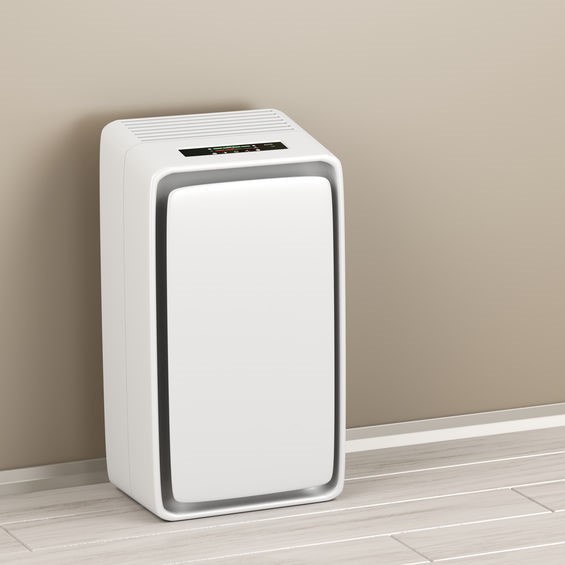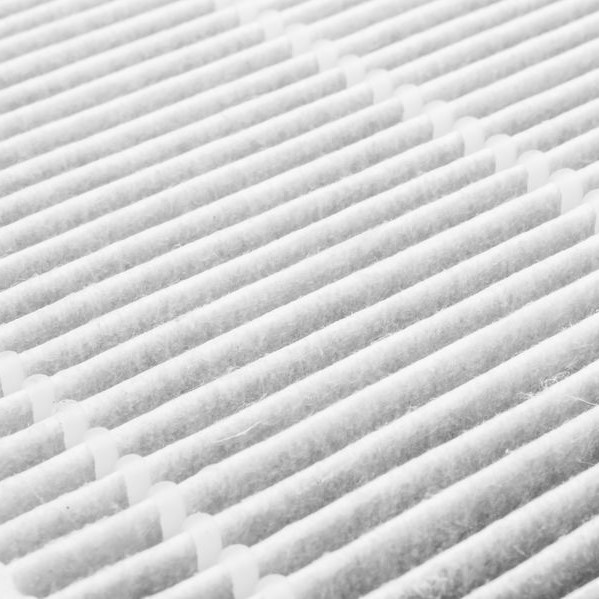
Get clean air
There is air pollution all around us, including in our homes. You like to believe that you home is a safe harbor, and for the most part, it is, but when it comes to air pollution, your home may not be as safe as it is outside. That is why having an air filtration system in homes is becoming more the norm and not the rarity it once was.
Your home has up to five more times pollutants and toxins than the air outside. Appalled?! Yes, while we are taking allergy medications and getting allergy shots, we are also going home and breathing in more than we do outside all day. When we consider these things, no wonder more homeowners are installing an air filtration system.
What are the 4 major indoor air pollutants?
Well, there are more than four, but the major pollutants that an air filtration system could minimize or even eliminate are:
- Carbon monoxide – A colorless, odorless gas produced by natural gas, kerosene, propane, oil, or wood burning appliances or heaters, and an element of car exhaust.
- Tobacco smoke – Over 3,000 chemical compounds are composed together are released into the homes of smokers.
- Radon – Another colorless and odorless gas but is radioactive and comes from the earth in the form of a uranium breaking down in the soil below our homes, then seeps through the floors, foundation, and walls.
- Mold – Any damp area in your home, air conditioner, basement, carpeting, ceiling, humidifier, mattress, refrigerator, will grow airborne mold spores.
Other pollutants found in home are pesticides and solvents. Both provide dangerous breathing situations with their ingredients. If a humidifier can be good for the home, then what about the mold mentioned earlier? What is the difference between an air purifiers vs dehumidifiers?
An air in your home is circulated through an air purifier. Inside that air purifier is the air filtration system where air-borne pollutants are trapped in a filter, including irritants like dust, pollen, and smoke.
A dehumidifier reduces the humidity by sucking in moisture from the air. Once that moisture is sucked in, the microbes and mold in the air are killed. So, because a humidifier sucks in mold, if the filter isn’t changed on regular schedule, those air-borne mold particles are released back into the air you’re breathing. An air filtration system will suck in those particles and minimize how much is escaping into the air.
Should I sleep with the air purifier on?
The air purifiers benefits your family can have should be around the clock, and if they are more important at any point, it is while you’re sleeping. The pollutants inside your home are coming from things like formaldehyde in the flooring and furniture. These are things escaping into the air 24/7/365. Fortunately, an air filtration system or air purifier doesn’t use much energy, and most have a low speed you can set the unit at while it is constantly running.
Do air purifiers cool the air?
While an air purifier circulates air with an internal fan, it does not cool the air. There is nothing inside an air filtration system, like a mechanism that cools.
Do air purifiers dry out sinuses?
No, and air purifier will not dry out your sinuses. There are a series of filters inside an air filtration system and air moves through those, getting rid of any airborne molecules. An air purifier is only taking in particles, not the air, which is what dries sinuses out.
Humidity is different every season, so we have to approach and treat it differently. When the weather is at its hottest, summertime, the humidity is sometimes intolerable for many. So, using a method that will lower the humidity makes us more comfortable, like a dehumidifier.
During the winter, the humidity is different and actually drop too low, causing your home to be extra dry when the heater is running. So, you need a piece of equipment that adds the moisture back into your home.

How do you clean the air in your house?
- Purchasing air purifiers to remove dust in areas where you spend the most time, bedrooms, and family room. Air filtration in the laundry room is helpful too. Other things you can do to clean the air in your home are:
- Increase Ventilation to reduce the moisture levels, a huge indoor air problem. DO this by installing air filtration system that will cycle the air inside. And use the exhaust fans in the bathroom and kitchen.
- Use beeswax candles instead of the scented candles. Beeswax candles ionize the air, neutralizing the toxic compounds and contaminants, acting as a natural air filtration system.
- A salt lamp is a great natural air filtration system that reduces airborne allergens, irritants, and pathogens by pulling water vapor out of the air.
- Activated charcoal is a great natural air filtration system too. It purifies the indoor air with an odorless, highly-absorptive method that eliminates toxins from the air.
- Houseplants in every room is a natural air filtration system and adds beauty and color to your home too.
Keep your carpets cleaned, daily vacuuming once a month shampoo, and twice a year professionally cleaned. Installing air purifiers or mold removers in areas that are damp and prone to have mold, bathrooms, laundry room, and kitchen. Anyone that smokes, ask them do take it outside and when you enter your home, take off your shoes! These are tracking in more pollutants and toxins that you’re breathing in. Want to get started with an air filtration system for your home? Call (714) 464-6622 today!
